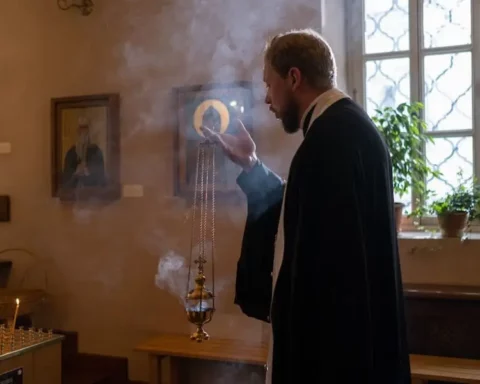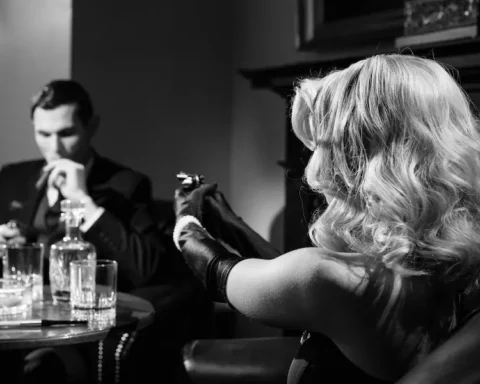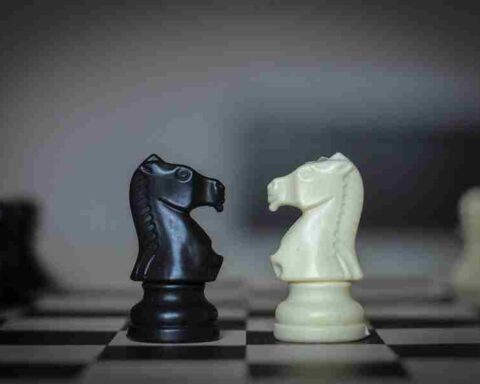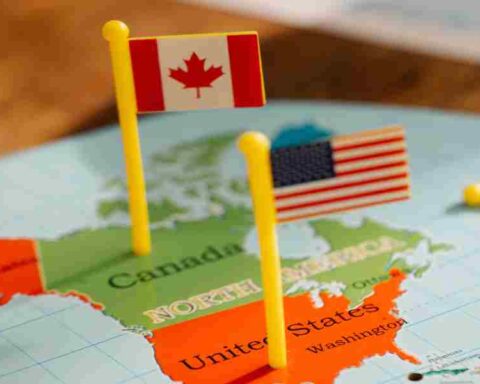Search
About Us
Follow
Signup to Newsletter
Get our regular posts notification, just subscribe our newsletter and keep reading.

Why Did Booth Kill Lincoln? A 15-Decade Mystery
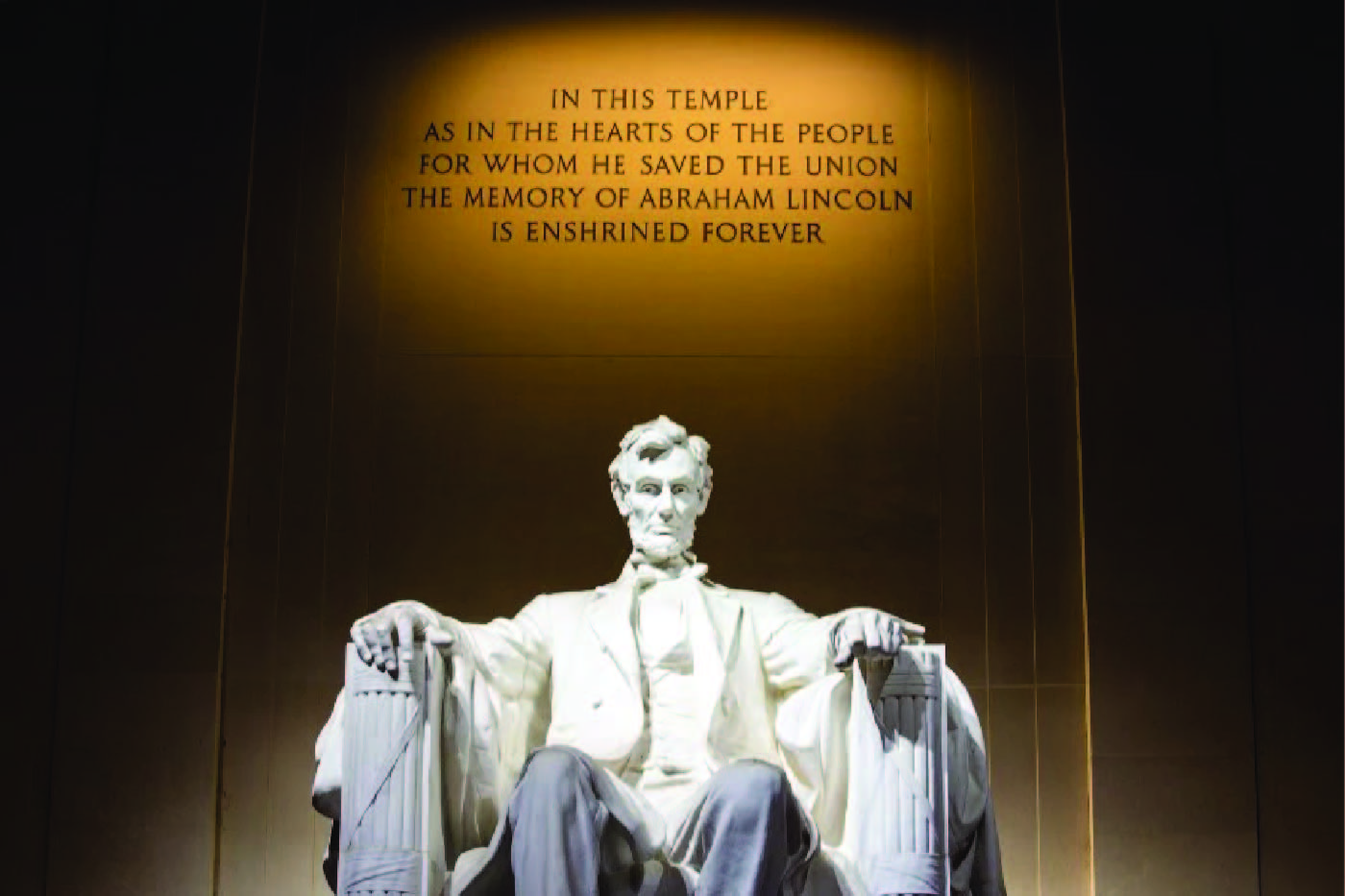
One of the biggest questions people interested in political history ask is, why did Booth kill Lincoln?
Who was John Wilkes Booth? What happened to Booth after the assassination? This is a rich topic with many questions that capture enthusiast attention.
Abraham Lincoln’s assassination marked one of the biggest tragedies in the U.S., shaking the then-young country to its core.
As years passed, more details came to light about the assassination, and we get to go through all of them in this article; read on for more;
Why Did Booth Kill Lincoln?
John Wilkes Booth, a Confederate sympathizer, assassinated President Abraham Lincoln on April 14, 1865, at Ford’s Theatre in Washington, D.C.
Booths reasons for the assassination were entirely political since he was a confederate whose political belief’s clashed with Lincoln’s.
He was firmly against Lincoln’s policies during the American Civil War, especially concerning the abolishment of slavery and the preservation of the Union. In Booth’s view, Abraham Lincoln was a tyrant out to destroy the South.
Booth saw himself as a hero and martyr to his Confederate cause, so he planned to assassinate the president. Booth had plans to kill other Government officials, but Lincoln was his primary target.
Who Was John Wilkes Booth?
Little is known about the man that shocked the young United States by assassinating its 16th president.
John Wilkes Booth is one of the most infamous names in the U.S., but most people know little about him. Let us get to the details and see what he was about;
John Wilkes Booth (1838-1865) was a famous actor in the 1850s, but he got more famous for the assassination of President Abraham Lincoln in 1865. The assassination was public, and the news and manhunt that followed sparked national attention.
Booth was born in Maryland to a family of actors and joined the family business at a young age. He was a talented actor and quickly gained popularity for his performances in Shakespearian roles.
Booth was raised with Confederate principles and was an advent supporter of the Confederacy during the Civil War.
As the war progressed, he became increasingly radical in his ideals, and the obsession would only get worse for him.
Booth strongly opposed Lincoln’s policies, including his abolishment of slavery and preservation of the Union. Booth eventually decided to take matters into his own hands and planned to kidnap the president.
His first plan did not go as well as he had hoped, and when that plan fell through, he resorted to assassination.
After shooting Lincoln at Ford’s Theatre on April 14, 1865, Booth fled the scene and hid. This led to a manhunt that turned the country upside down as Union soldiers searched for him for nearly two weeks.
He was eventually tracked down by Union soldiers and was killed during a standoff 12 days after the assassination. Booth’s assassination of President Lincoln made him one of the most notorious figures in American history.
What Happened To Booth After Lincoln’s Assassination?
Abraham Lincoln’s assassination created a lot of chaos in the United States a few nights following the incident.
Booth shot Lincoln publicly and managed to get away for the moment, and everyone was looking for him.
After assassinating President Abraham Lincoln on April 14, 1865, John escaped and hid from Union soldiers. The soldiers hunted him for 12 days in one of the largest-scale manhunts in the U.S.
Eventually, they caught up with him on April 26, 1856, on a farm where he was hiding in Virginia.
There was a standoff between the Union soldiers and Booth and his accomplices. The barn Booth was hiding in caught on fire, and Booth was shot in the neck.
The Union soldiers managed to pull him out of the burning barn, but he succumbed to his gunshot wound a few hours later.
Booth was helped in the assassination and escape, and those conspirators were also captured, tried, and punished.
Mary Surratt, Lewis Powell, David Herold, and George Atzerodt were hanged, and Samuel Arnold, Michael O’Laughlen, and Dr. Samuel Mudd were sentenced to prison.
The assassination of President Lincoln and the subsequent hunt for Booth and his accomplices profoundly impacted American history.
It showed the extent to which most people were willing to go for their beliefs and the effects of choosing violence over conversation.
It was a shocking and traumatic event that further divided the country and had long-lasting political, social, and cultural consequences. It took decades, and still, the effects of Lincoln’s assassination affected the political climate in the United States.
What Are Some Details Of Lincoln’s Assassination That Most People Don’t Know?
Lincoln’s assassination was a public matter that is still widely discussed. There is a lot of information on the incident, and the public might have missed the events that transpired after, but here are a few details;
1. There were other targets. John Wilkes had a long hit list that included more than just President Abraham Lincoln.
John Wilkes Booth’s original plan was to assassinate President Lincoln, Vice President Andrew Johnson, and Secretary of State William Seward.
While the attempt on Abraham Lincoln was successful, the same did not go for his other targets. Seward was attacked in his home on the same night as Lincoln’s assassination but survived.
2. The co-conspirator backed out. Multiple assassination plans were to happen simultaneously on the night of President Lincoln’s death.
George Atzerodt was one of Booth’s co-conspirators who was supposed to assassinate Vice President Johnson. George lost his nerve and went to a hotel bar instead, which is part of why the Vice President survived the attempt.
3. Booth’s injury. After shooting President Abraham Lincoln, Booth jumped from Ford’s theatre’s presidential box and fractured his leg. This injury inhibited his movement and slowed him down, which could have contributed to his capture.
4. The manhunt. After Booth’s escape, the largest manhunt in U.S. history was launched to capture him and his accomplices.
The manhunt spanned several states, involved thousands of troops and civilians, and lasted almost two weeks. It was an impressive feat considering the level of technology available at the time and the resources poured into seeing it through.
5. The funeral train. Lincoln’s body was transported by a special funeral train from Washington, D.C., to his final resting place in Springfield, Illinois.
The train traveled through several states, and thousands gathered along the tracks to pay their respects. It was the funeral of one of the most outstanding leaders in U.S. history, and it demanded a proper send-off and acknowledgment of his role in the histories.
Long Lasting Impacts Made By President Abraham Lincoln
Abraham Lincoln was one of the greatest Presidents the United States ever had, and he made many significant changes that led to the current system of government. Abraham Lincoln is one of American history’s greatest and most influential presidents.
Here are some of the most significant impacts he made:
1. Preservation of the Union. Lincoln was crucial in preserving the United States during the Civil War. He believed that and fought for the unity and integrity of the country and helped prevent its fragmentation.
2. Abolition of Slavery. This is the most famous of President Abraham Lincoln’s actions. Lincoln was a staunch opponent of slavery and saw it as a moral evil that needed to be eradicated.
He issued the Emancipation Proclamation in 1863, which declared that all enslaved people in Confederate territory were to be freed. This marked a significant milestone in the history of black people in America and paved the way for equality.
3. Expansion of Federal Power. Lincoln strengthened the federal government’s power and authority because he supported a robust federal government. He made crucial judgments and put policies into effect using his executive authority.
4. Modernization of the Economy. Lincoln supported the modernization of the economy, the building of railroads, and the establishment of a federal banking system.
This improved Americans’ economy and living standards and created the platform for it to become a superpower.
5. Preservation of Democracy. Lincoln championed democratic ideals and emphasized the value of everyone having the same rights as themselves. He promoted the notion of a people’s government run by and for the people.
President Abraham Lincoln had one of the most prominent roles in creating the United States of America as we know it. His assassination was a tragedy, but the positive impacts of his ideas continue to benefit Americans.
Conclusion
You will have a good answer next time a friend asks you why did Booth kill Lincoln? The Abraham Lincoln assassination is one of the most known incidences in world history.
Abraham Lincoln was a president that pioneered some of the biggest changes in U.S. history. The War and Abraham Lincoln’s administration paved the way for creating the United States of America as we know it today.
He had significant accomplishments, and his assassination stands as a reminder of a fight to create a new and better America for all people.
Share Article
Susan Tapia is an ambitious, savvy news writer with a vibrant personality and an eye for detail. She is highly experienced in crafting compelling stories and dedicated to seeking out the truth. With her inquisitive nature, she delves deep into every subject she touches, uncovering unexpected facts that help her engage her readers. Susan has an unbridled passion for writing, and she strives to inspire others through her work. She confidently shares her thought-provoking ideas with enthusiasm and candor, making sure the world can see the truth no matter how uncomfortable it may be. Simply put, Susan Tapia is a trailblazer in the journalism industry who never fails to deliver her readers riveting stories they won't soon forget.

